Get the best of Smithsonian.com by email. Keep up-to-date on:
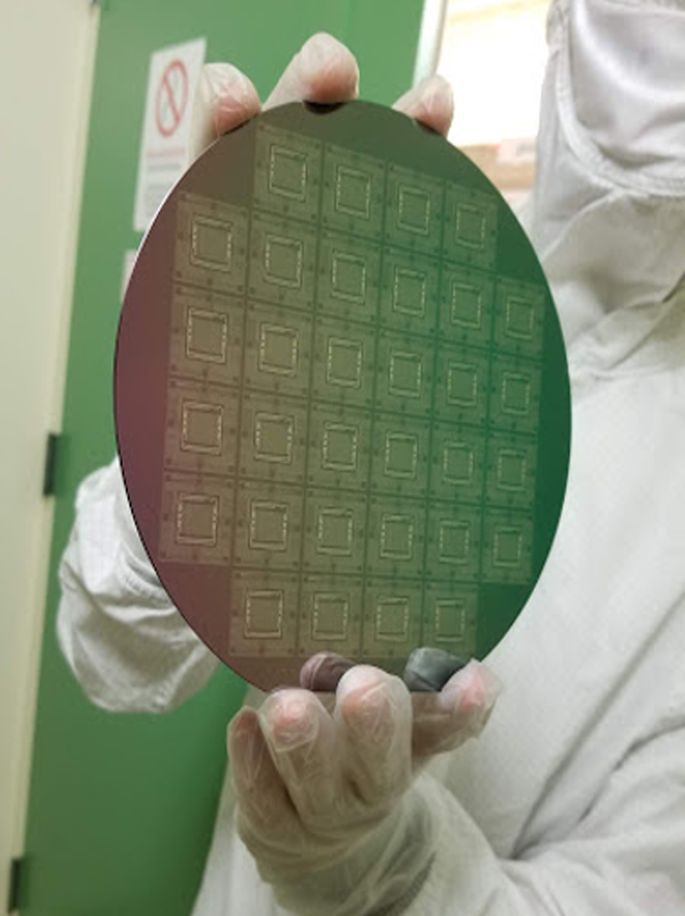

Get the best of Smithsonian.com by email. Keep up-to-date on:
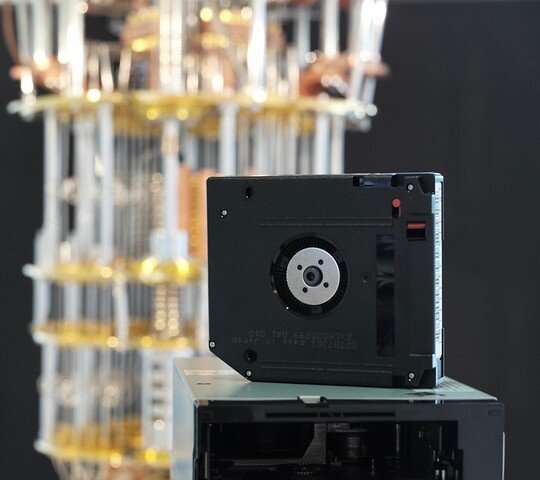
This week a collaborative effort among computer scientists and academics to safeguard data is winning attention and it has quantum computing written all over it.
The Netherlands’ Centrum Wiskunde & Informatica (CWI), national research institute for mathematics and computer science, had the story: IBM Research developed “quantum-safe algorithms” for securing data. They have done so by working with international partners including CWI and Radboud University in the Netherlands.
IBM and partners share concerns that data protected by current encryption methods may become insecure within the next 10 to 30 years.

A team of researchers at the University of Virginia has recently carried out a large-scale analysis aimed at identifying features in film trailers that best predict a movie’s genre and estimated budget. In their study, outlined in a paper pre-published on arXiv, the researchers specifically compared the effectiveness of visual, audio, text, and metadata-based features.
“Video understanding is the next frontier after image understanding,” Vicente Ordonez, one of the researchers who carried out the study, told TechXplore. “However, much work on video understanding has so far focused on short clips with a human performing a single action. We wanted something longer, but there is also the issue of computational power. Video trailers seemed like an intermediate compromise, as they display a multitude of things, from scary to funny.”
Movie trailers are short and can easily be paired with movie descriptions. Ordonez and his colleagues realized that these characteristics make them ideal to investigate parallels between video and language.

If you’ve ever been wakened by the roar of a freight train – or waited at a level crossing for one to trundle by – you’ll be glad to know that these noisy vehicles have a new and potentially life-saving purpose: predicting earthquakes. As Hamish Johnston explains on this week’s podcast, freight trains generate surprisingly strong seismic waves, and changes in the velocity of these waves is an early sign of hazardous earthquake activity. Researchers in France, Belgium and the US studied the rumblings of freight trains running through California’s Coachella Valley and found that they could, in principle, be used to monitor the nearby San Jacinto fault.
Next on the podcast is Chris Monroe, an atomic physicist and quantum technologist whose start-up firm, Ion Q, is developing a quantum computer that uses trapped ions as qubits. In an interview with Physics World’s industry editor Margaret Harris, Monroe explains how Ion Q’s technology differs from classical computers, and describes how trapped ions execute quantum gates.
The third segment of the podcast focuses on the persistent lack of diversity in physics. In an interview, Jess Wade, a physicist at Imperial College London, discusses the scientific impact of this poor diversity and suggests ways to make the field more welcoming to members of underrepresented groups. Afterwards, our features editor Sarah Tesh, who commissioned Wade and Maryam Zarainghalam to write about this topic in the August issue of Physics World, talks about the portraits of white male scientists that adorn walls in many physics departments. These so-called “dude walls” honour important historical figures, but they also send out subtle signals about what a “great” physicist looks like.
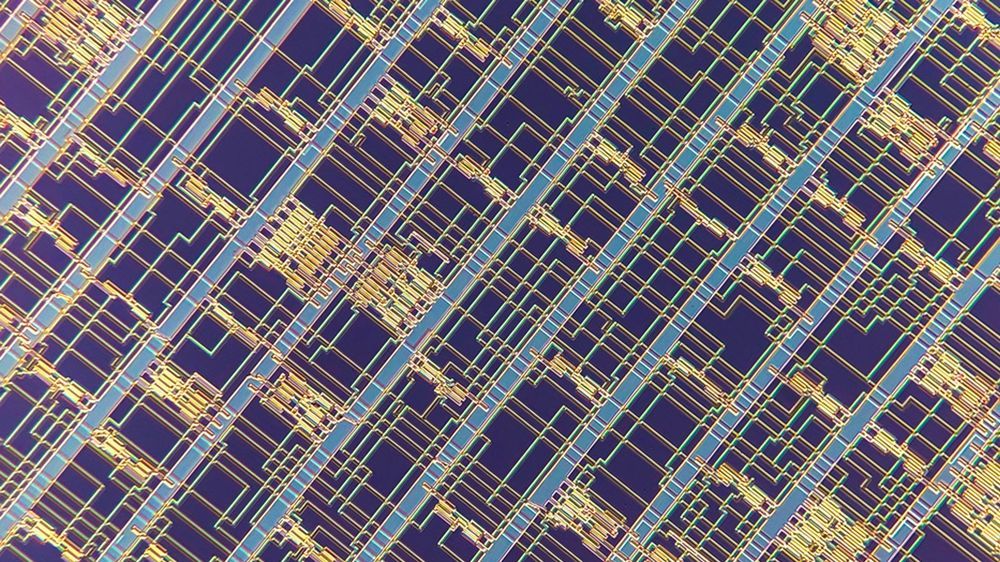
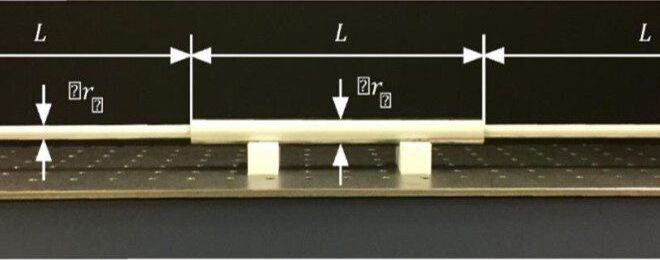
Light and sound waves are at the basis of energy and signal transport and fundamental to some of our most basic technologies—from cell phones to engines. Scientists, however, have yet to devise a method that allows them to store a wave intact for an indefinite period of time and then direct it toward a desired location on demand. Such a development would greatly facilitate the ability to manipulate waves for a variety of desired uses, including energy harvesting, quantum computing, structural-integrity monitoring, information storage, and more.
In a newly published paper in Science Advances, a group of researchers led by Andrea Alù, founding director of the Photonics Initiative at the Advanced Science Research Center (ASRC) at The Graduate Center, CUNY, and by Massimo Ruzzene, professor of Aeronautics Engineering at Georgia Tech, have experimentally shown that it is possible to efficiently capture and store a wave intact then guide it towards a specific location.
“Our experiment proves that unconventional forms of excitation open new opportunities to gain control over wave propagation and scattering,” said Alù. “By carefully tailoring the time dependence of the excitation, it is possible to trick the wave to be efficiently stored in a cavity, and then release it on demand towards the desired direction.”

Credit: MIT Engineers from the MIT and Analog Devices have created the most complex chip design yet that uses transistors made of carbon nanotubes instead of silicon. The chip was manufactured using new technologies proven to work in a commercial chip-manufacturing facility.
The researchers seem to have chosen the RISC-V instruction set architecture (ISA) for the design of the chip, presumably due to the open source nature that didn’t require hassling with licensing restrictions and costs. The RISC-V processor handles 32-bit instructions and does 16-bit memory addressing. The chip is not meant to be used in mainstream devices quite yet, but it’s a strong proof of concept that can already run “hello world”-type applications.
One advantage transistors made out of carbon nanotubes have over silicon transistors is that they can be manufactured in multiple layers, allowing for very dense 3D chip designs. DARPA also believes that carbon nanotubes may allow for the manufacturing of future 3D chips that have performance similar or better than silicon chips, but they can also be manufactured for much lower costs.
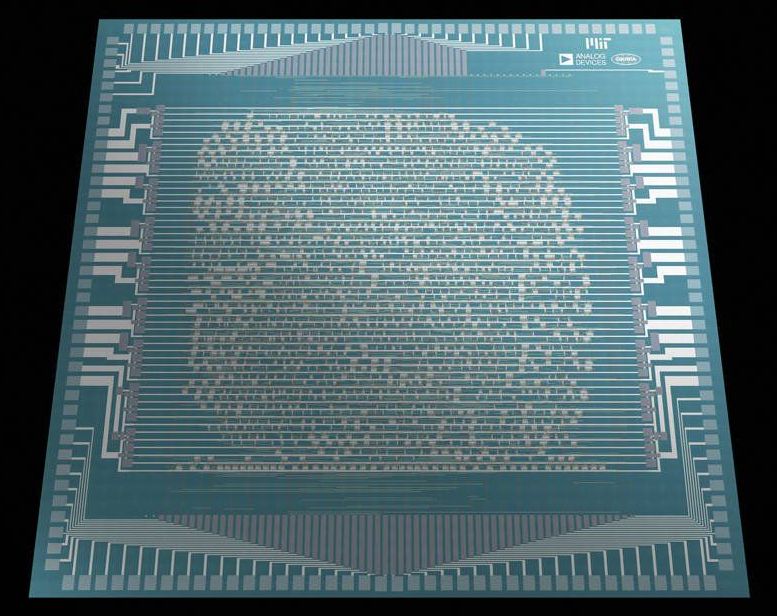
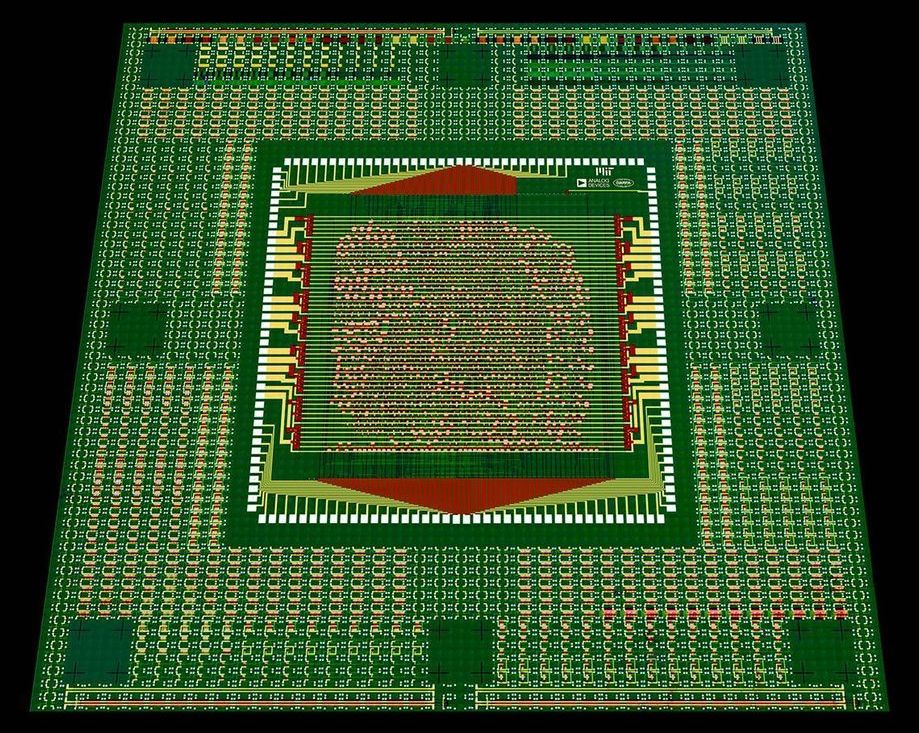
It’s the most complex integration of carbon nanotube-based CMOS logic so far, with nearly 15,000 transistors, and it was done using technologies that have already been proven to work in a commercial chip-manufacturing facility. The processor, called RV16X-NANO, is a milestone in the development of beyond-silicon technologies, its inventors say.
Unlike silicon transistors, nanotube devices can easily be made in multiple layers with dense 3D interconnections. The Defense Advanced Research Projects Agency is hoping this 3D aspect will lead to commercial carbon nanotube (CNT) chips with the performance of today’s cutting-edge silicon but without the high design and manufacturing cost.
Some of the same researchers created a modest one-bit, 178-transistor processor back in 2013. In contrast, the new one, which is based on the open source RISC-V instruction set, is capable of working with 16-bit data and 32-bit instructions. Naturally, the team, led by MIT assistant professor Max Shulaker, tested the chip by running a version of the obligatory “Hello, World!” program. They reported the achievement this week in Nature.
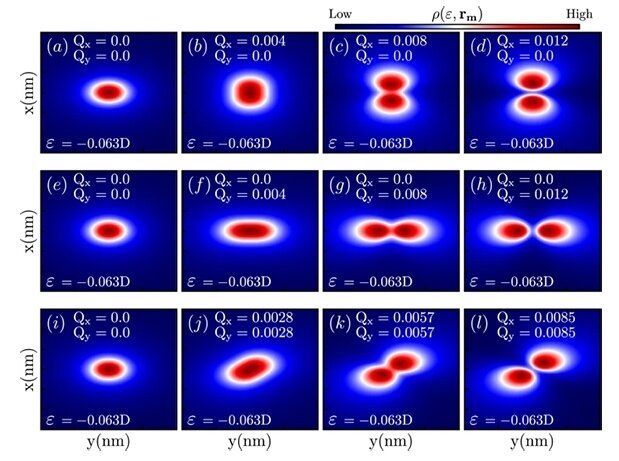
In a study published in Scientific Reports, a group of researchers affiliated with São Paulo State University (UNESP) in Brazil describes an important theoretical finding that may contribute to the development of quantum computing and spintronics (spin electronics), an emerging technology that uses electron spin or angular momentum rather than electron charge to build faster, more efficient devices.
The study was supported by São Paulo Research Foundation—FAPESP. Its principal investigator was Antonio Carlos Seridonio, a professor in UNESP’s Department of Physics and Chemistry at Ilha Solteira, São Paulo State. His graduate students Yuri Marques, Willian Mizobata and Renan Oliveira also participated.
The researchers observed that molecules with the capacity to encode information are produced in systems called Weyl semimetals when time-reversal symmetry is broken.